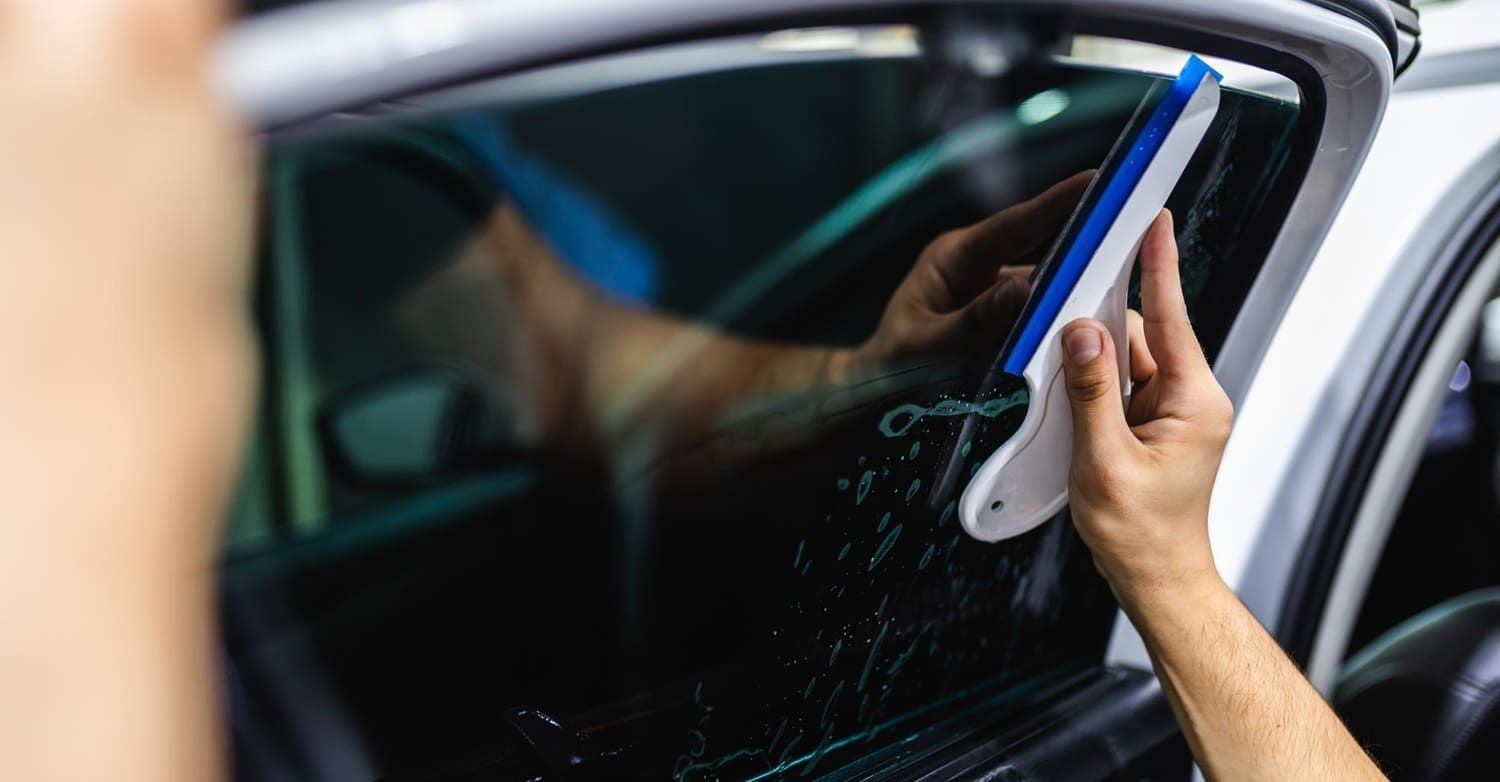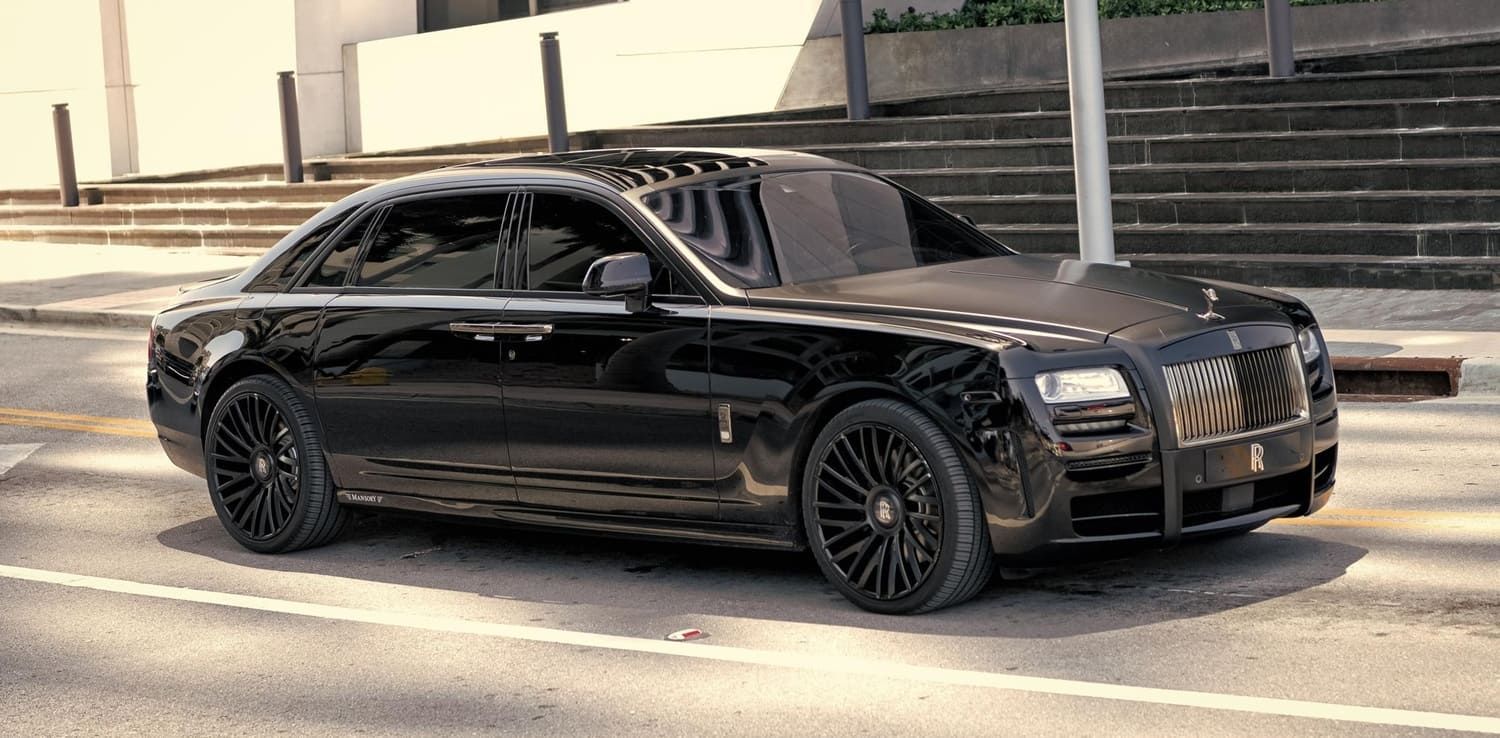Staying out of the Dark: Your Guide to Florida Window Tinting Laws
Flying Window Tinters Blogger • February 9, 2020
Want more privacy in your car, but don't want a ticket? Read on to learn everything you need to know about Florida window tinting laws!

Tinting your car windows is a must in Florida. 3M tint can filter out 99 percent of harmful UV rays
and reject up to 60 percent of the heat that comes in through your windows.
However, you can't tint your windows as dark as you want. Florida window tinting laws dictate how dark you can go.
Keep reading to learn what the law states and how you can make sure your car complies.
What the Law States
Window tint darkness percentage is the Visible Light Transmission (VLT) percentage. This percentage is the amount of light that can pass through the film and into your car. The same rules apply to cars, trucks, and multi-passenger vehicles.
You cannot tint your windshield. The front side windows must allow 28 percent +
light through. The rear side windows must allow 15 percent of light through. Multi-passenger vehicles have a lower restriction for back windows at 6 percent.
The rear window must allow 15 percent or more for passenger vehicles and 6 percent for multi-passenger vehicles.
Reflective Tint
Sometimes people choose to apply a reflective tint that has metallic elements. This gives the tint a silver mirror look.
Your front side windows can't be more than 25 percent reflective, and the back windows shouldn't be more than 35 percent reflective.
Other Tint Rules
There are more rules to your tint beyond the level of darkness. For instance, all colors of tint are banned. You must also have dual side mirrors if your back window is tinted.
It is your responsibility, not the tint manufacturer, to ensure that a tint is legal in Florida. So as you decide on the level of tint
you want for your car, double-check to make sure that it's legal.
Exceptions to the Law
Certain medical conditions allow you to get an exemption to the tinting law. Those who have Lupus, an autoimmune disease, or a medical issue that requires limited light exposure can receive a certificate of exemption.
This enables drivers to apply tint to the windshield, side windows, and rear windows. You'll need to provide the make, model, and year of the vehicle you intend to drive. This privilege is non-transferable, so the tint will have to come off if you sell the car.
Measuring Your Window Tint
If a police officer pulls you over for window tint being too dark, they'll use a meter to measure the light coming through your window. There is an approved list of meters
that officers are allowed to use.
Once the officer determines that your tint is too dark, you'll receive a ticket.
Follow the Florida Window Tinting Laws
Tinting your car windows in Florida is a must to keep your car cool, protect your interior, and block UV rays. But you need to follow the Florida window tinting laws.
Otherwise, you risk getting pulled over and getting a ticket for your windows being too dark. Then you'll have to pay the ticket fine and have your tint replaced with something legal.
Get a free estimate
today and have the windows on your car tinted, to the legal level.















